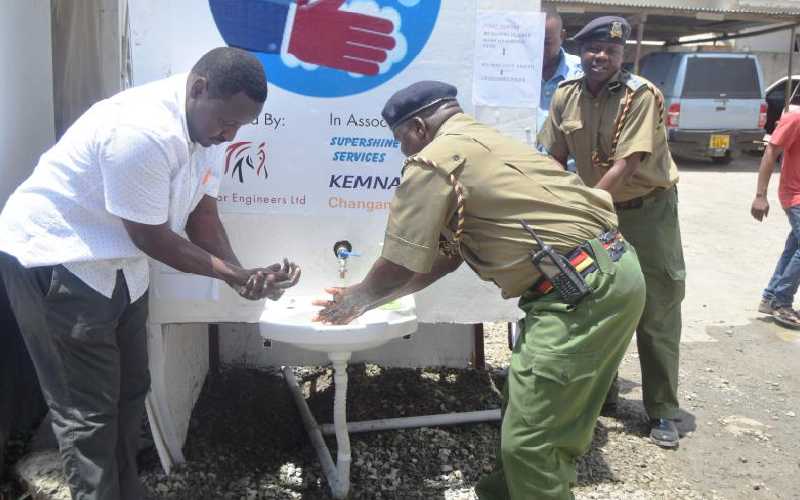×
The Standard e-Paper
Kenya’s Boldest Voice

A trader sells foodstuff in the streets of Migori town on March 30, 2020. [Caleb Kingwara, Standard]
Counties have waived cess on all food items in efforts to cushion producers and consumers from the impact of coronavirus pandemic.